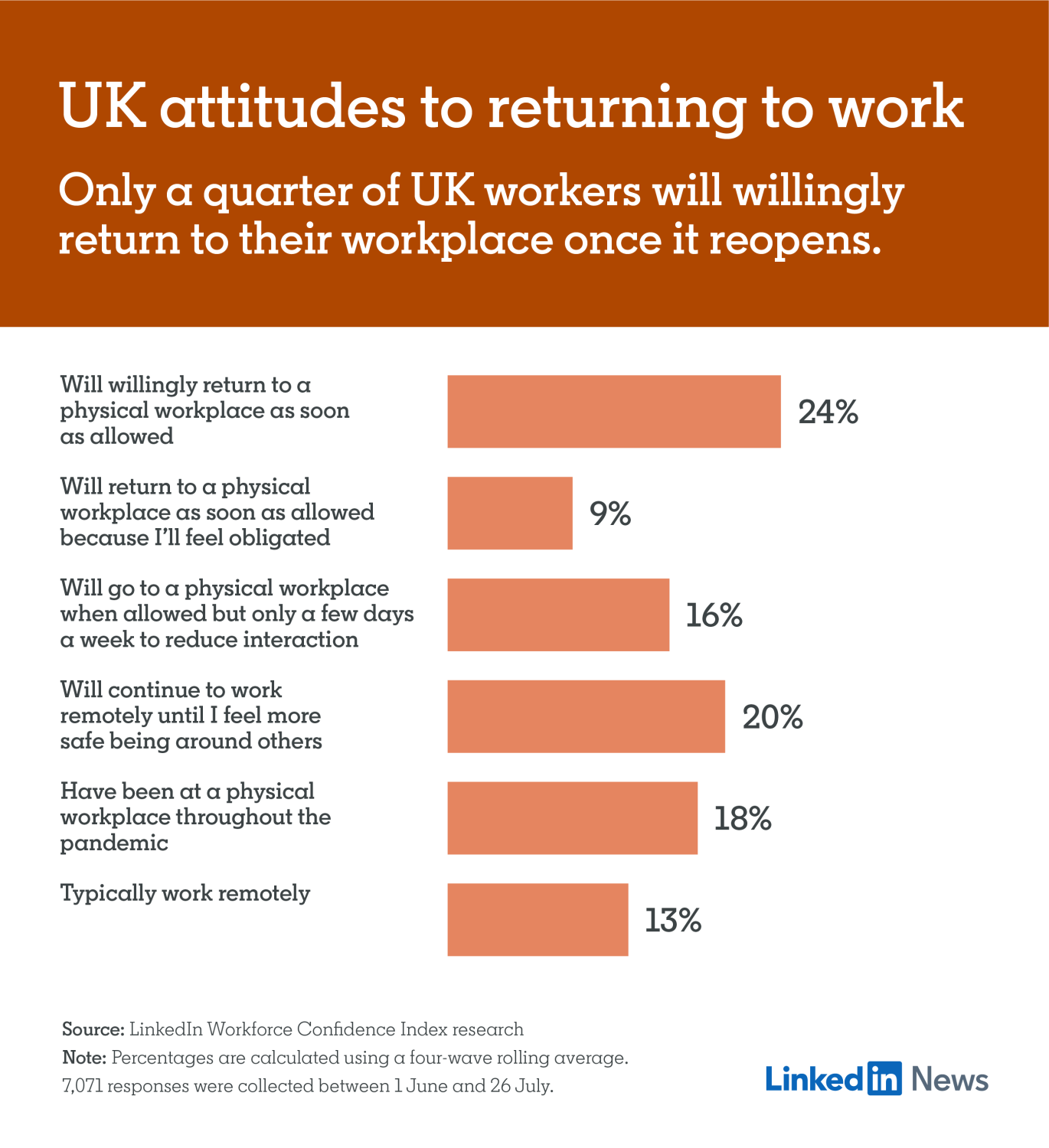

News & Insights | 27th August 2020
Employee Wellbeing
8 Min Read

A new study tracking changes in UK population mental health from before the COVID-19 pandemic and into the subsequent lockdown period has thrown up some worrying (though not totally unexpected) results.
The study of 17,452 people published in The Lancet Psychiatry found an increase in mental distress that looks to have been heightened by the lockdown period.
During late April 2020, more than a quarter (27.3%) of participants reported a level of mental distress that was potentially clinically significant, compared to less than a fifth (18.9%) before the pandemic. The results reveal women, young people and parents with young children were more likely to be adversely affected.
The University of Manchester’s Professor Kathryn Abel, a joint senior author of the study, said: “While COVID-19 infection is a greater physical health risk to older people, our study suggests that young people’s mental health is being disproportionately affected by efforts to stop transmission of the virus. We would recommend policies focused on women, young people and those with preschool aged children as a priority to prevent future mental illness.”
The findings tally with the results of a new survey by Aviva which found that, during lockdown, women were more likely than men to report feeling stressed at work, and that the quality of their sleep had been affected. More women than men struggled to maintain a healthy diet and to exercise.
With that in mind, now is a good time for employers to look at writing new policies and introducing benefits that can lessen the burden on mental health, with a common-sense focus on the worst affected. Here are five to think about…
Long-term remote and flexible working policies. Having built stunning workplaces that one could comfortably never leave, tech giants now appear to be doing a 180 and leading the charge on mass remote working. Facebook, for example, has just announced it’s working towards a 50:50 split between in-office and at-home workers over the next decade.
Read More
If the risks of social isolation and burnout are properly managed, remote work policies – with no commute, reduced exposure to illnesses, and more hours for family, hobbies or fitness – can reduce stress. But many experts say success hinges on offering choice, rather than imposing 100% remote policies on staff who want to strike a healthy balance between working from home and showing up to the office.

A supportive culture where mental health is discussed openly. In a 2019 survey by Mind Share Partners, 86% of employees thought a company’s culture should support mental health. It also found that 60% of respondents had experienced symptoms of poor mental health in the past year but, of these, close to 60% had never talked about their conditions at work.
Beyond talking about mental health openly, which needs to start from the top, writing company mental health procedures – so employees who are suffering know exactly what to do and where to seek support and help – should be the first port of call. Beyond that, companies getting serious about mental health are also using peer recognition tools, expanding their e-learning portals to include courses focused on mental wellbeing, and setting up employee-led taskforces.
Access to online counsellors and psychiatrists. Often outsourced to specialist telehealth providers, employees can make use of free, confidential sessions (limited or unlimited) with trained counsellors when they’re most needed. Given the current long NHS waiting times for access to mental health services, this benefit could be one of the most important a company invests in.
Subscriptions to apps such as Headspace or Calm. At around £10 per month, or £50 a year, these premium apps are an investment. But many people find these invaluable for better sleep, focus, reduced stress and increased wellbeing. It’s wise to advise employees to make use of the free 30-day trial these apps offer to make sure they’ll be used regularly.
Build a strong Employee Assistance Programme. EAPs have grown in popularity over the past few years, and we think they’re going to explode as the mental health requirements of workforces negotiating tumultuous times calls for employers to safeguard people. Such programmes cover anything related to an employees’ emotional wellbeing, from counselling hotlines to referrals and follow up services.
Talk to us about how to improve your workplace mental health employee benefits: book an informal, no-strings chat with TeamBC@connorbroadley.co.uk
Read Less